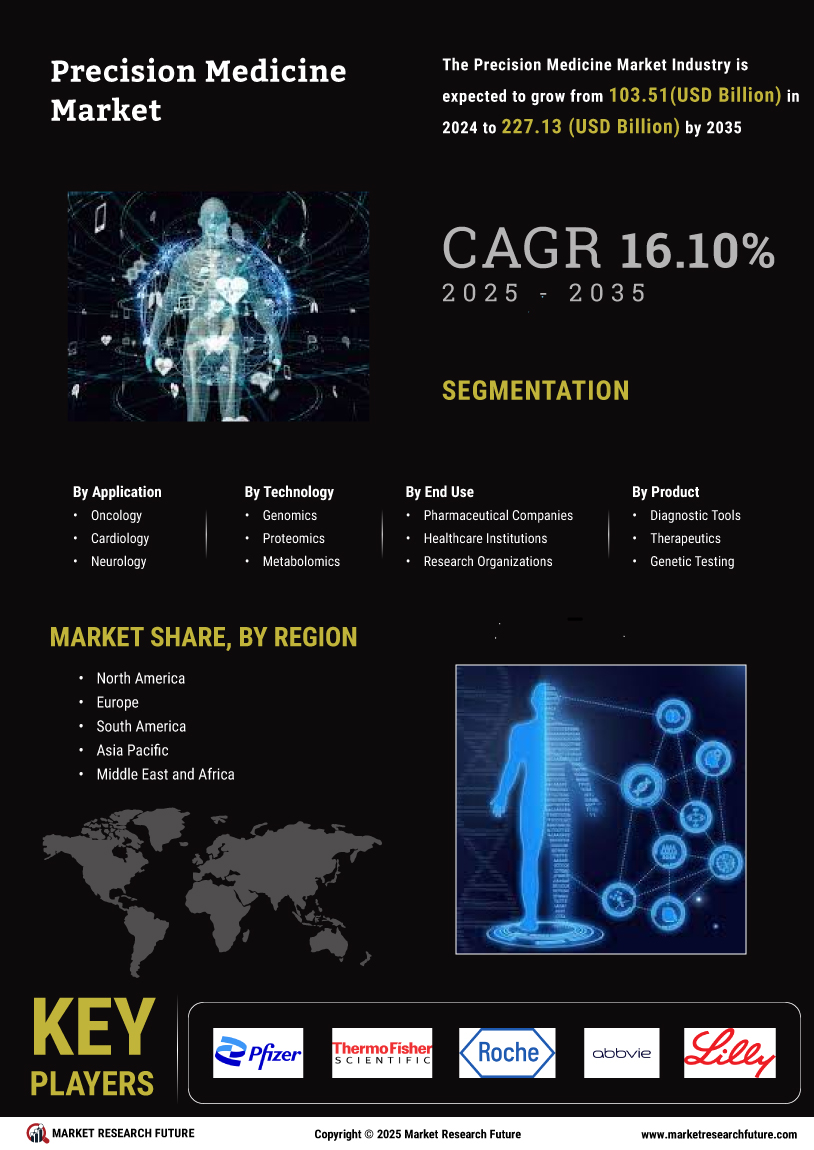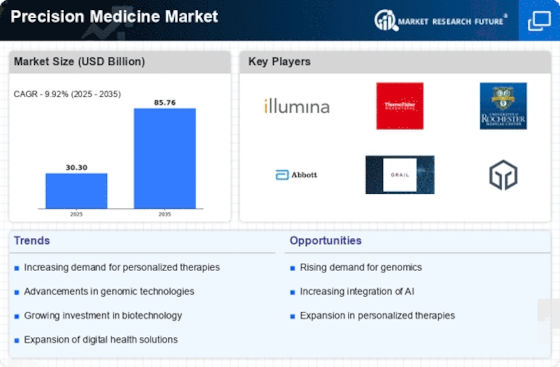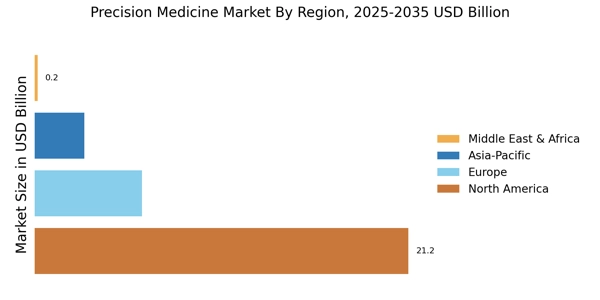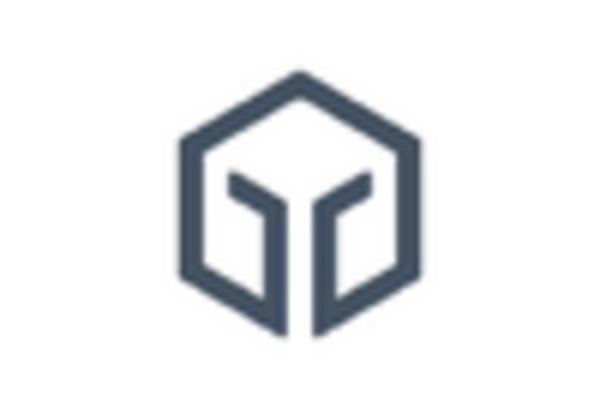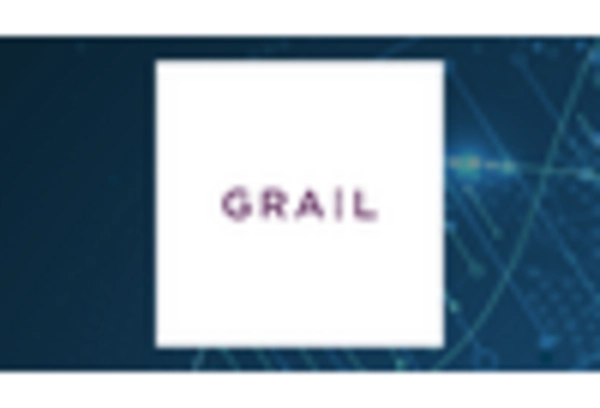Research Methodology on Precision Medicine Market
Introduction
Precision medicine is a relatively new concept that has the potential to revolutionize the way that healthcare is practiced around the world. Precision medicine is a form of personalized medicine that uses biological markers, and genetic and molecular profiles to guide more individualized treatment and prevention strategies. The Global Precision medicine market report provides information on how advanced technology is used in precision medicine to make diagnosis and treatment more accurate, efficient and effective.
Objective
The overall objective of this research report is to analyze the global precision medicine market, focusing on market drivers and restraints and the significant trends in this field. Additionally, an understanding of the various market opportunities and challenges that exist in the market based on these drivers and restraints is also sought.
Research Methodology
A comprehensive and systematic data collection process is used to gather, manage and analyze data related to the precision medicine market to determine market trends and dynamics. All primary and secondary data collected is adequate to provide an overall view of the market and its various elements.
For primary data, telephone interviews and questionnaires are used. Experts and professionals in the precision medicine marketplace are identified through prior research and industry background, and their insights are used to understand the key market scenarios. The questionnaire is designed to obtain a better understanding of the market dynamics and to access their knowledge of strategic moves that are made in the market.
Secondary data is collected from sources such as authentic research papers, government reports, and industry white papers, among other sources such as major search engines. This is used to form a base for data validation, and to gain an overall understanding of the market.
Qualitative and quantitative data are collected and analyzed using multiple approaches. This includes Porter’s Five Forces Analysis, Industry and Competitive Analysis, Financial Ratios Analysis, Thematic Analysis, SWOT Analysis, and Prioritization Analysis. Porter’s Five Forces analysis is used to gain a better understanding of the competitive landscape and its various components, while the Industry and Competitive Analysis are used to identify the key players in the market and their strategies in the precision medicine market space.
The Financial Ratios Analysis is used to compare the financial performance of the players in the market, while the Thematic Analysis is used to identify the most dominant topics in the market. This research method focuses on the current issues in the market and explored customer needs, which are then used to determine the most relevant products and services.
Moreover, the SWOT Analysis is used to gain an understanding of the strengths and weaknesses of the key players in the precision medicine market, and their strategies to succeed in the dynamic marketplace. Finally, the Prioritization Analysis is used to identify the most important issues and prioritize them accordingly.
The research employs a combination of qualitative and quantitative research designs to collect and analyze data related to the global precision medicine market. The aim is to form meaningful insights into the current and projected market trends, based on the various drivers and restraints that are currently shaping the dynamics of the market. The research also focuses on the various strategies that are adopted by the leading players in the market.
A sample size of 28 experts is identified, based on the criteria explained in the previous section. They include professionals in the precision medicine industry, such as key opinion leaders, academic experts, medical practitioners, industry professionals, and other professionals who are knowledgeable in the market. The sample size is comprehensive enough to provide data that is representative of the entire population and large enough to provide valid and reliable results.
Conclusion
In conclusion, the researchers used a systematic methodology to collect and analyze data to gain an understanding of the global precision medicine market. Multiple data collection and analysis approaches are used to form meaningful insights into the current market dynamics, based on the various drivers and restraints influencing the market. The research aims to understand the strategies adopted by the leading players in the market and their outlook in terms of market opportunities and challenges. It is anticipated that this research increase understanding of the global precision medicine market and provide enhanced insights into its dynamics.
